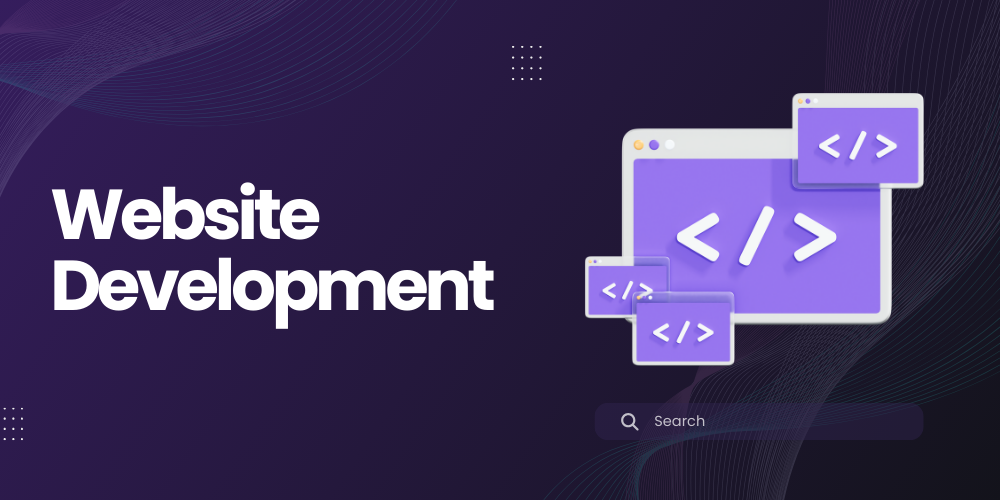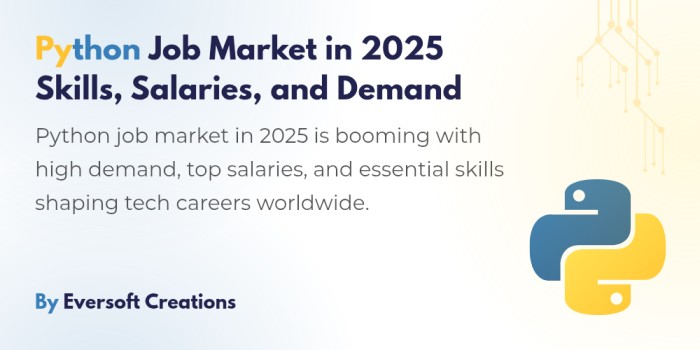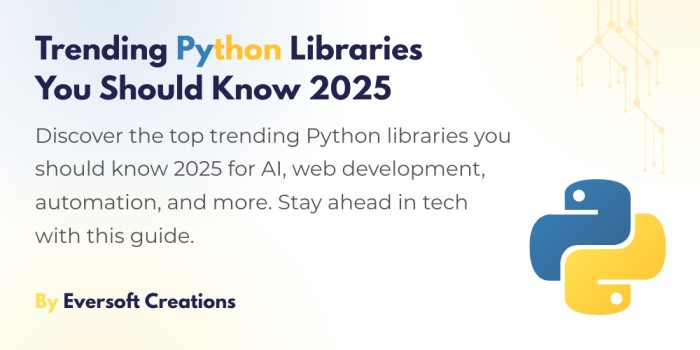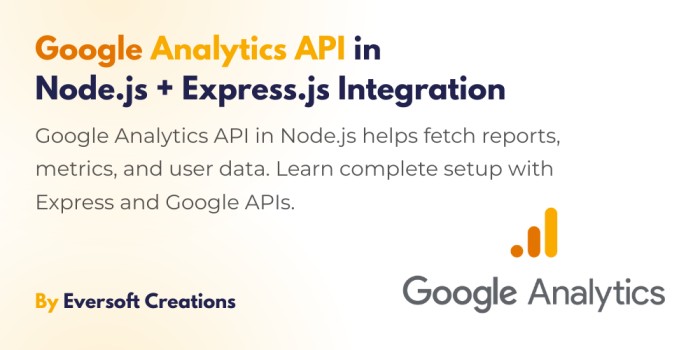The web development field extends beyond the combination of coding and markup after trying my hand at website development through coding. Your ideas achieve life-like status through its use. Websites comprise much more than people initially think. Web development includes client-side scripting together with server-side scripting and network security and ecommerce tools and content management system (CMS) creation.
The following statements will provide you with all necessary website development information. Users who are starting in the development field find this information complicated but I understand their confusion. People looking for a friendlier platform should begin with WordPress. WordPress functions as a Content Management System and defines itself as an open-source platform. The full article about WordPress exists on our website. The platform serves as an ideal starting point for those starting web development programs.
How important is Web Development
Currently half of worldwide people stay connected as internet users. Internet users focus their activities between scientific research and academic activities together with communication and entertainment purposes. More internet users create favorable conditions for the expansion of website development. Web development is set to rise at a 13% growth rate for the next decade making this segment expand much faster than other technologies during this period. Currently it is an exceptionally thrilling period to work in this field and I am pleased to be participating in this development.
Web Development vs. Web Programming
The two concepts share similar features and nearly equivalent definitions yet they have distinct differences.
Creating a website entails the complete process which includes design work and programming together with visual formats and written content and operational logic. Many programming languages with appropriate frameworks and tools assist us in this process.
Web programming involves coding and scripting which operates at either client-side or server-side according to user input data. The system uses data handling to process input from users while building dynamic website content.
What is Website Development?
The creation process of maintaining online content through website development consists of several essential tasks. The website development process involves markup and coding alongside scripting and configuration of networks and CMS development.
You understand the basics of website development after completion of this information. Let’s go deeper
Web Development Basics
- What is a website?
- What is an IP Address?
- What does HTTP mean?
- What is coding?
- What does front-end mean?
- What does back-end means?
- What is a CMS?
What is a website?
Web files exist as a collection of data stored inside server systems. The network maintains an ongoing connection to servers operating as special computers dedicated for this purpose.
Consider the process of accessing websites from this point onward. Browsers perform their function at this point. Internet Explorer Google Chrome and Opera represent examples of programs known as browsers that allow website viewing through network connections. The devices serving as access points to these websites are defined as ‘clients.’
What is an IP address?
The Internet functions through a mechanism that connects requests with their data destination points. Understanding the basics of an IP address will provide you with the solution. The IP address of a website remains one of the essential requirements for accessing it online. It’s a unique string. Every electronic device maintains a special IP address serving as a distinct identifier among the many billion websites plus devices that exist online.
What does HTTP mean?
HTTP stands for Hypertext Transfer Protocol. Such a method helps computers talk to each other on the internet to exchange web pages together with different types of content.
Through a framework established by HTTP the computer systems known as client and server maintain communication for each request-response exchange. The browser displays the server response information as a website after getting confirmation from the server.
What is coding?
A programming language serves as the tool for developing server and application code which we refer to as coding. Why is it called language? Theses languages contain computer communication rules and vocabularies which make them qualify as languages. Devices and computers can interpret exclusive special commands together with punctuation which human beings cannot understand.
Modern software applications derive their existence from at least one programming language developed specifically for their creation. Coders base their communication through programming languages on the computer platform together with its operating system and specific style rules. The coding language domain divides into two fundamental groups. Front-end and back-end.
As a Full-Stack Developer you become specialized in creating programs that work for both front-end and back-end.
What does front-end mean?
The front-end portion which users see matches exactly what the reader encounters. Web applications reveal their front parts through which users can perform their interactions. Your request to the server leads to server data delivery. The information originates from some front-end programming language including HTML and CSS and JavaScript. A browser displays data from the request as a website after processing the information. The front-end interface allows users to perform actions that include playing videos and highlighting textual content among others.
What does back-end mean?
When you receive a server response the backend operates as the concealed processing system. The website backend receives all requests sent by browser users. Programming languages serve to manage server requests which developers create during the backend creation process. Your offered request for a blog page reaches the backend programming language which processes it before sending you the required response.
Programmers have the freedom to choose any programming language when configuring back-end systems. Browsers at the front-end understand only three languages which are HTML, CSS and JS.
What is a CMS?
Web applications and sequences of programs through CMS enable users to handle website content creation and management. The term content management system (CMS) refers to web application platforms which differ from site builders that include wix.
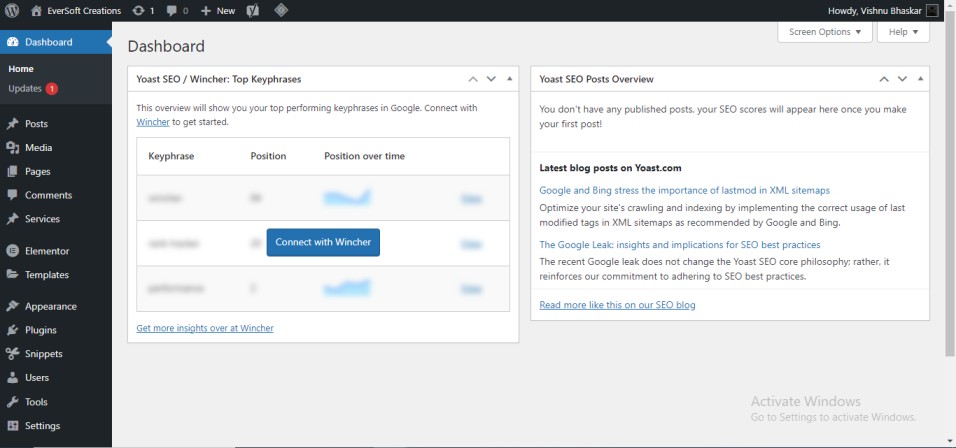
The creation of websites in CMS results in simpler operations. The system allows users to integrate extra capabilities instantaneously by using plugins. The CMS platform serves exclusively for web stores and content creation. The creation of various websites stands as a possibility for developers.
Websites remain vital for the modern digital era because developing web applications enables unrestricted growth of creative and practical solutions. The fundamental beginning point for programmers involves learning HTML and CSS in combination with JavaScript which leads toward developing their basic programming framework using frameworks and content management systems. The process of web development education leads to rewarding yet challenging experiences when building personal blogs or e-commerce sites or portfolios. Happy coding!
